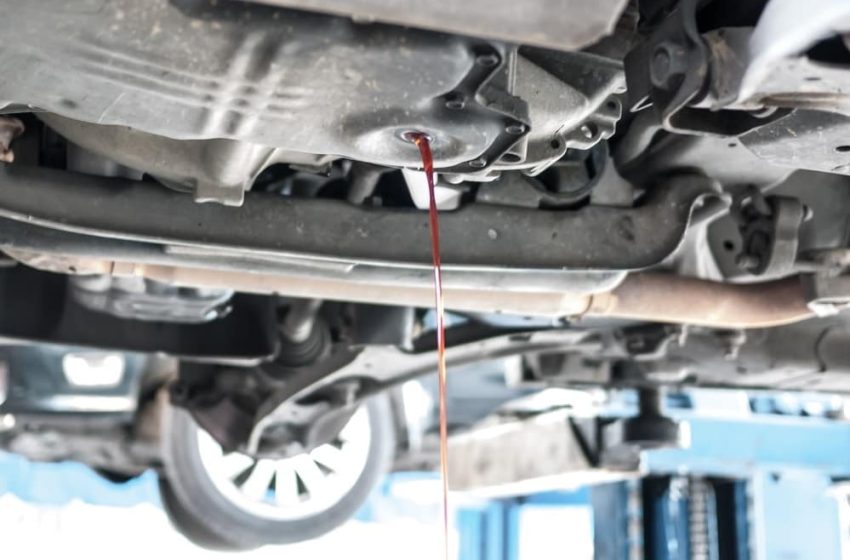How Often Should You Schedule Transmission Service?

Proper transmission service is essential for keeping your vehicle running smoothly and avoiding costly repairs. At Kendall Automotive, the importance of regular transmission maintenance cannot be overstated. Regular service helps ensure that your transmission performs efficiently and lasts longer. But how often should you schedule transmission service? Here’s a guide to help you understand when and why transmission service is needed.
Understanding Transmission Service
Transmission service involves a series of checks and maintenance tasks designed to keep the transmission system in good working order. The transmission is a complex component responsible for shifting gears and transferring power from the engine to the wheels. Regular service helps prevent issues such as slipping, rough shifting, or complete transmission failure.
Manufacturer Recommendations
The first place to look for guidance on transmission service intervals is your vehicle’s owner’s manual. Manufacturers often provide specific recommendations based on the make and model of your vehicle. These recommendations are based on:
- Vehicle Usage: Different driving conditions, such as towing heavy loads or frequent stop-and-go traffic, may require more frequent service.
- Transmission Type: Automatic and manual transmissions have different maintenance needs. The manual may require different service intervals than an automatic.
Typical Transmission Service Intervals
While manufacturer guidelines are the best source for service intervals, a general rule of thumb for most vehicles is:
- Every 30,000 to 60,000 Miles: Many experts recommend having your transmission serviced every 30,000 to 60,000 miles. This range covers routine fluid changes and inspections.
Signs You Need Transmission Service
Even if you’re following a regular maintenance schedule, it’s important to be aware of signs that indicate a need for immediate transmission service. Common symptoms include:
- Slipping Gears: If the transmission slips out of gear or has trouble staying in gear, it may require attention.
- Hard Shifting: Rough or jerky shifts between gears can signal issues with the transmission.
- Unusual Noises: Grinding or whining noises when the vehicle is in gear could be a sign of internal transmission problems.
- Fluid Leaks: Red or brown fluid under your vehicle can indicate a transmission fluid leak.
Transmission Fluid Maintenance
Transmission fluid plays a crucial role in keeping your transmission running smoothly. It lubricates the moving parts and helps with cooling. Regular maintenance involves checking and changing the transmission fluid. Here’s what you should know:
- Fluid Levels: Regularly check the transmission fluid level and top it off if necessary.
- Fluid Condition: Transmission fluid should be a clear or slightly pink color. If it appears dark or has a burnt smell, it may need to be replaced.
- Fluid Change: Depending on your vehicle, the transmission fluid might need to be changed every 30,000 to 60,000 miles.
Factors Affecting Transmission Service Frequency
Several factors can influence how often you need to schedule transmission service. Consider these:
- Driving Conditions: Frequent driving in stop-and-go traffic, towing, or driving in extreme temperatures can put extra strain on your transmission and may require more frequent service.
- Driving Style: Aggressive driving or heavy acceleration can affect transmission health and may necessitate earlier service.
- Vehicle Age: Older vehicles may need more frequent transmission service to maintain optimal performance.
Tips for Transmission Maintenance
To ensure your transmission remains in good condition, consider these maintenance tips:
- Follow Manufacturer Guidelines: Always adhere to the service intervals recommended in your vehicle’s manual.
- Monitor Transmission Fluid: Regularly check the condition and level of your transmission fluid.
- Address Issues Early: If you notice any symptoms of transmission problems, seek professional help promptly to prevent further damage.
Conclusion
Regular transmission service is essential for keeping your vehicle running smoothly and avoiding costly repairs. By adhering to manufacturer recommendations and staying alert to signs of transmission issues, you can maintain your transmission’s performance and extend its lifespan. Proper maintenance not only helps prevent major problems but also ensures a smoother, more reliable driving experience.




